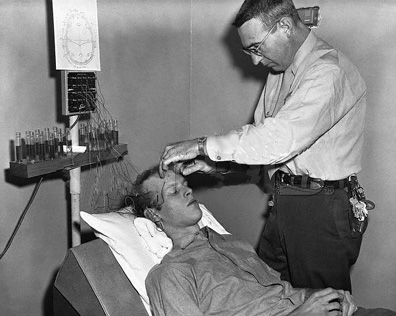
 Share This Page
Share This Page| Home | | Feedback | | Feedback-Psychology | |  |  Share This Page Share This Page |
Copyright © 2008, Paul Lutus — Message Page
(double-click any word to see its definition)

"Some APA members have asked me why I have chosen to sponsor an APA Presidential Initiative on Evidence-Based Practice (EBP) in Psychology, expressing fears that the results might be used against psychologists by managed-care companies and malpractice lawyers."In all respects and in my view, Levant is right. He is right in saying that present clinical practice is not based on evidence and should be. He is also right in saying that malpractice lawyers will exploit this debate. This issue reveals a fundamental difference between science and law — in science you speak candidly, while in law you avoid saying anything that might be used against you in court.
| Home | | Feedback | | Feedback-Psychology | |  |  Share This Page Share This Page |